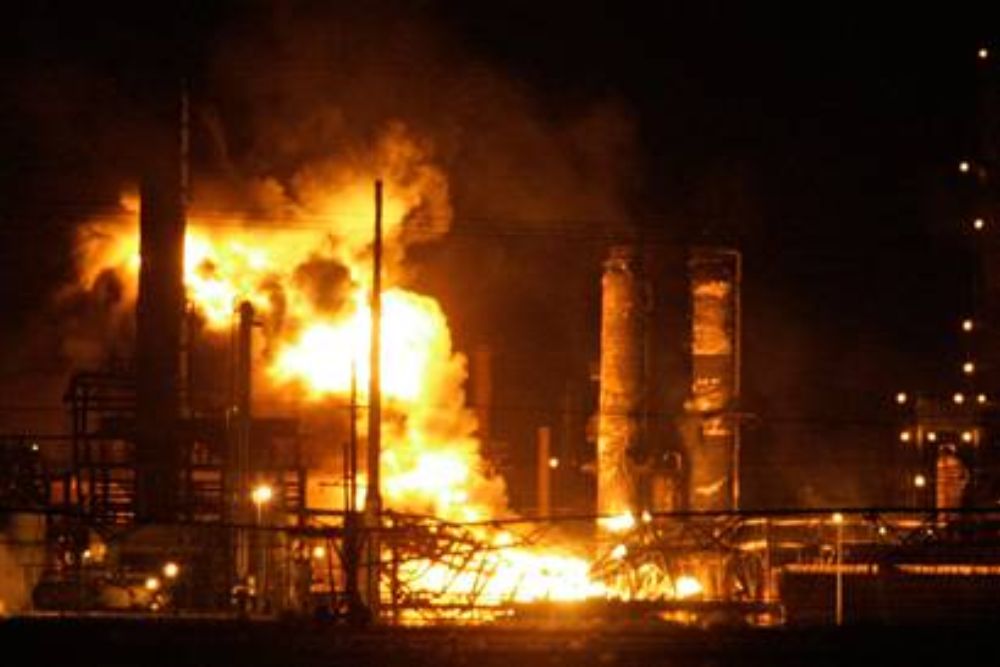Chemical Safety Board Urges Facilities to Prepare for Winter Hazards
With winter and cold weather rapidly approaching, the U.S. Chemical Safety and Hazard Investigation Board (CSB) is re-emphasizing to chemical facilities the importance of being prepared for extreme cold outdoor weather, which includes identifying and implementing best safety practices for cold weather operations to avoid serious chemical accidents this winter.

Data on chemical releases shows that there is a notable increase of incidents at chemical facilities during the cold weather months. In past years, the CSB has identified numerous incidents that illustrate the importance of having effective winterization programs in place at refineries, chemical plants, and other facilities that contain hazardous materials.
CSB Chairperson Steve Owens said, “Chemical facilities are especially susceptible to incidents during the winter months when they can be affected by extreme cold weather. Every chemical facility must take steps now to winterize its processes in order to prevent a major chemical incident from occurring and putting communities, workers, and the environment in serious risk.”
The CSB has shared key winterization safety lessons, including a safety digest entitled “Preparing Equipment and Instrumentation for Cold Weather Operations,” that particularly stress the need for dead-legs to be surveyed and, ideally, removed or permanently and effectively isolated from hazardous process streams. Equipment that is susceptible to ice or hydrate formation in cold weather should be identified and properly winterized. Companies also should establish formal, written winterization programs and identify and control winterization hazards, such as ice and hydrate formation, through process hazard analyses, management of change (MOC) evaluations, pre-startup safety reviews, and operating procedures.
Additionally, the CSB encourages companies to follow guidance published by the American Petroleum Institute (API) for addressing potential issues encountered in freezing weather, including taking steps to:
- Identify and document equipment vulnerable to freezing weather;
- Evaluate and select freeze protection options;
- Establish equipment-specific written plans;
- Assign a responsible party to implement plans;
- Prioritize options and, when appliable, implement them and document using MOC principals;
- Periodically audit program implementation; and
- Establish a formal, written freeze protection program.
According to the API guidance, called Recommended Practice (RP) 2001, a freeze protection program should:
- Establish formal written programs to find cold weather vulnerabilities;
- Provide technical, operations, and maintenance personnel education and training to help them understand and recognize potential program situations;
- Enable these people working with field equipment to recognize potential freeze hazards and identify them for remediation;
- Educate technical and maintenance personnel through training to help them avoid inadvertently creating freeze hazards as they modify equipment, revise designs, or design new equipment;
- Systematically conduct a careful review of out-of-service piping or units to identify potential problems to rectify; and
- “Design-out” dead-legs, including process bypass piping.
The post Chemical Safety Board Urges Facilities to Prepare for Winter Hazards appeared first on Facilities Management Advisor.

